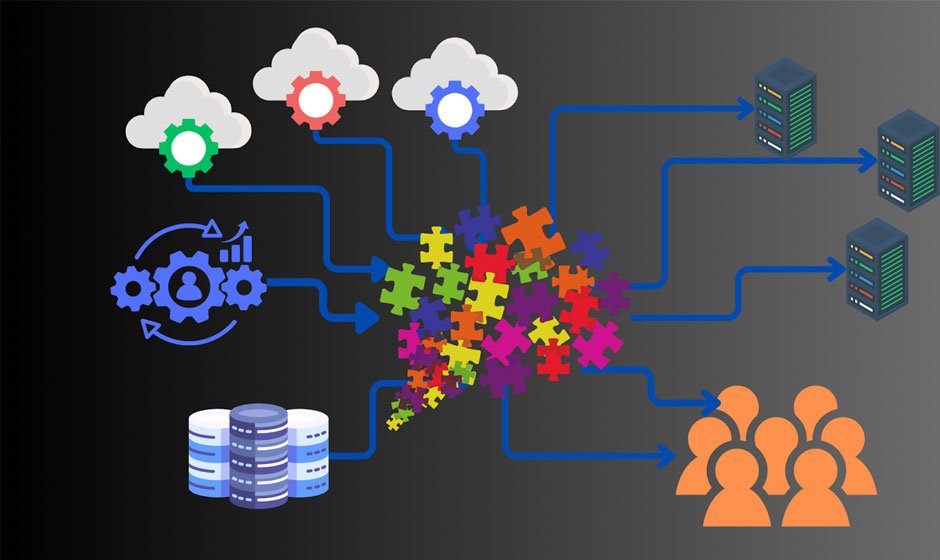In today’s complex regulatory landscape, businesses across various sectors must adhere to stringent rules governing the handling and transfer of data. Non-compliance can lead to significant fines, legal penalties, and damage to an organization’s reputation. Managed File Transfer (MFT) solutions are crucial in helping businesses meet these compliance requirements by providing secure, controlled, and auditable data transfer processes. This article explores how MFT supports compliance with industry regulations.
Secure Data Transmission and Storage
One of the core requirements of many regulatory frameworks, such as GDPR, HIPAA, and SOX, is ensuring the security and confidentiality of sensitive data during transmission and storage. MFT solutions offer robust encryption protocols, such as AES-256, which protect data from unauthorized access during transfer and at rest. This encryption ensures that sensitive information, including personal data, financial records, and health information, remains secure, fulfilling regulatory mandates for data protection.
Comprehensive Audit Trails
Regulations often require organizations to maintain detailed records of data transactions to demonstrate compliance. MFT solutions provide comprehensive audit trails that log every file transfer activity, including who accessed the data, when it was accessed, and any changes made. These logs are invaluable for auditing purposes, allowing businesses to provide regulators with clear evidence of their data handling practices. Moreover, audit trails help organizations quickly identify and respond to any suspicious activity or potential data breaches.
Access Controls and Authentication
Managing access to sensitive data is critical for compliance. MFT solutions typically include features like Role-Based Access Control (RBAC) and multi-factor authentication (MFA), which restrict access to authorized personnel only. RBAC ensures that employees can access only the data necessary for their roles, minimizing the risk of internal data breaches. MFA adds an additional layer of security by requiring users to verify their identity through multiple methods before gaining access to the system. By implementing these controls, businesses can significantly reduce the risk of unauthorized access and demonstrate compliance with regulations that mandate strict data access policies.
Data Integrity and Validation
Regulatory bodies often require that data integrity is maintained throughout the data lifecycle. MFT solutions support this requirement by providing data integrity checks, such as checksum verification, to ensure that data remains unchanged during transfer. These checks confirm that the data received is identical to the data sent, which is crucial for maintaining accuracy and reliability in industries where data integrity is paramount, such as finance and healthcare.
Automated Compliance Reporting
Many MFT solutions, including this MFT software, offer automated compliance reporting features that simplify the process of demonstrating regulatory adherence. These tools can generate reports that outline how data is protected, who has accessed it, and how it has been handled over time. Automated reporting not only reduces the administrative burden on compliance teams but also ensures that businesses can quickly provide the necessary documentation during audits or regulatory reviews.
Secure Data Disposal
Proper data disposal is an often overlooked but critical aspect of compliance. Regulations may require businesses to securely delete data that is no longer needed to prevent unauthorized recovery. MFT solutions provide secure file deletion features, ensuring that data is irretrievably erased from all systems. This capability helps businesses comply with regulations related to data retention and disposal, thereby reducing the risk of data breaches.
In conclusion, Managed File Transfer solutions play a vital role in helping businesses comply with industry regulations. By providing secure data transmission, comprehensive audit trails, robust access controls, data integrity checks, automated compliance reporting, and secure data disposal, MFT solutions ensure that organizations can protect sensitive information and meet their regulatory obligations. As regulatory landscapes continue to evolve, investing in a reliable MFT solution becomes increasingly important for maintaining compliance and safeguarding business operations.





